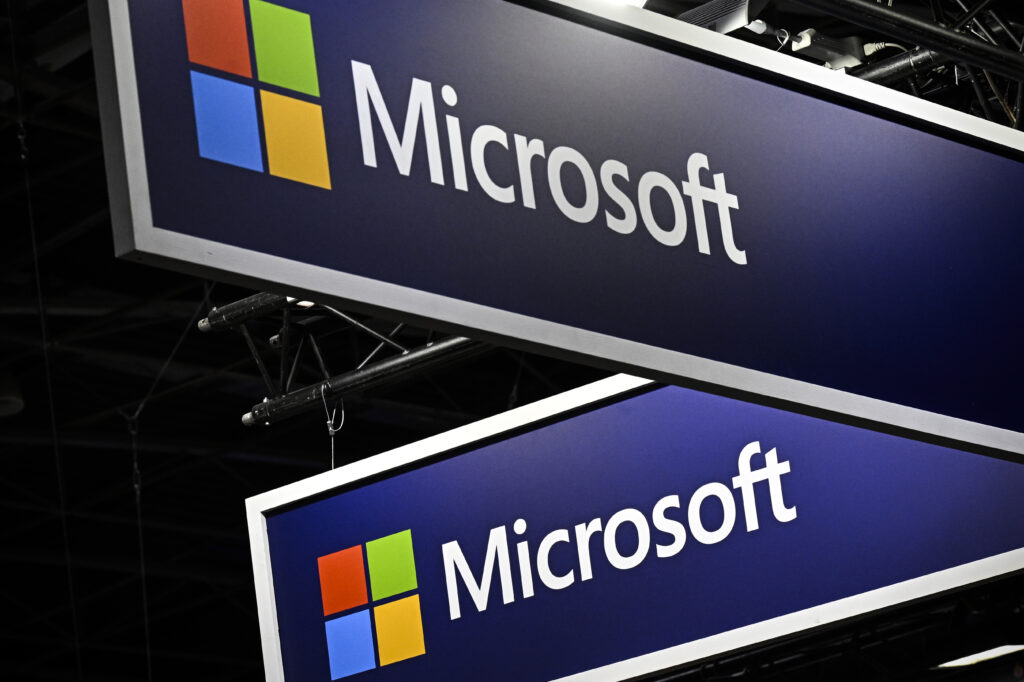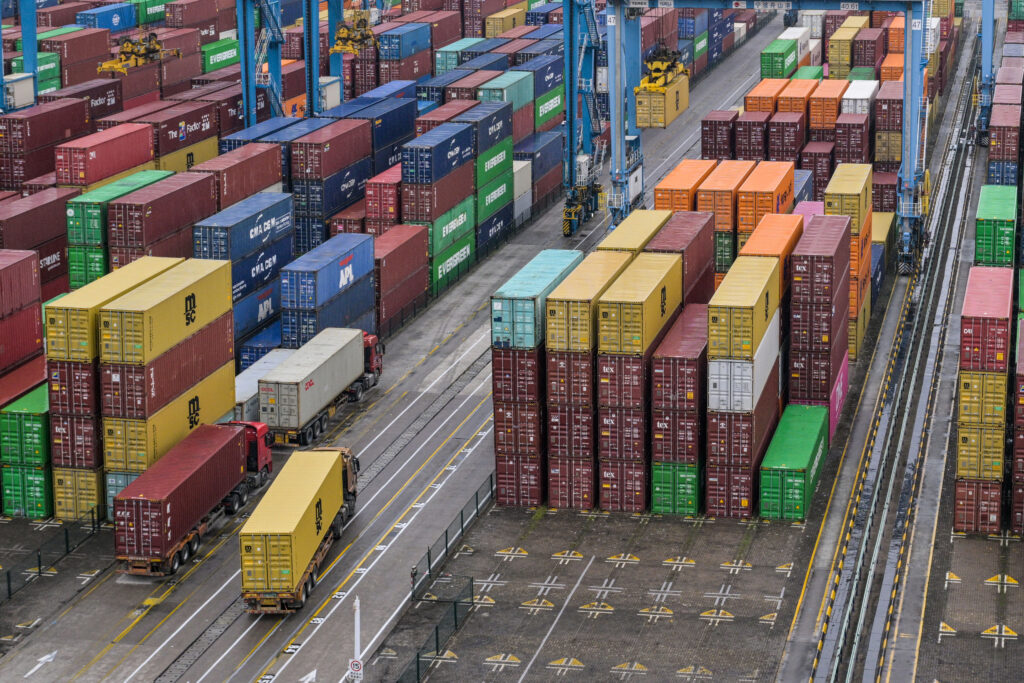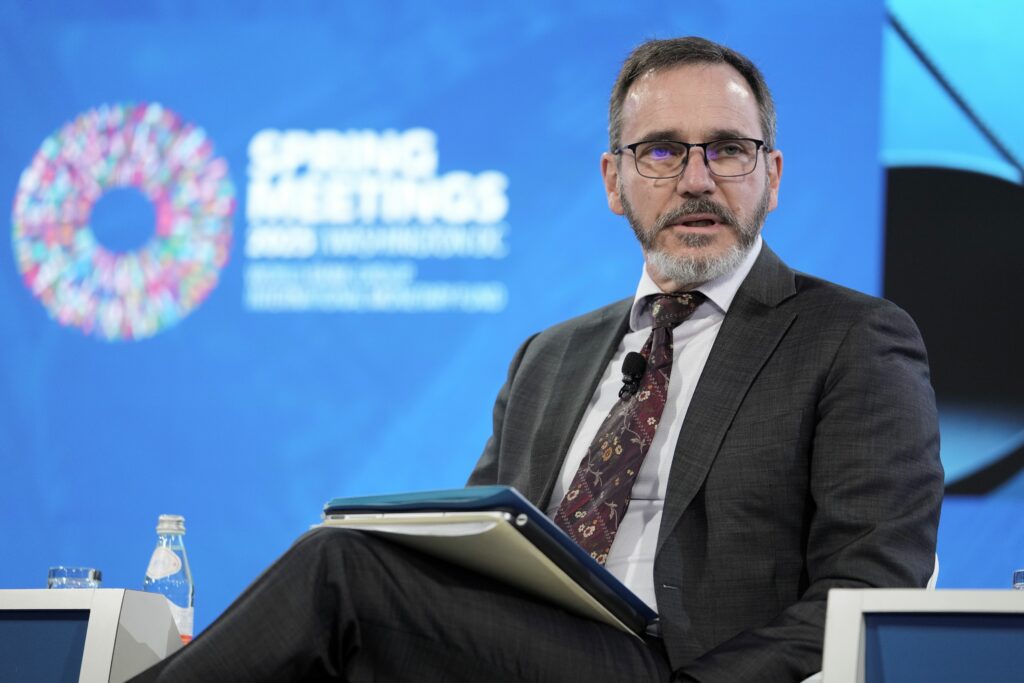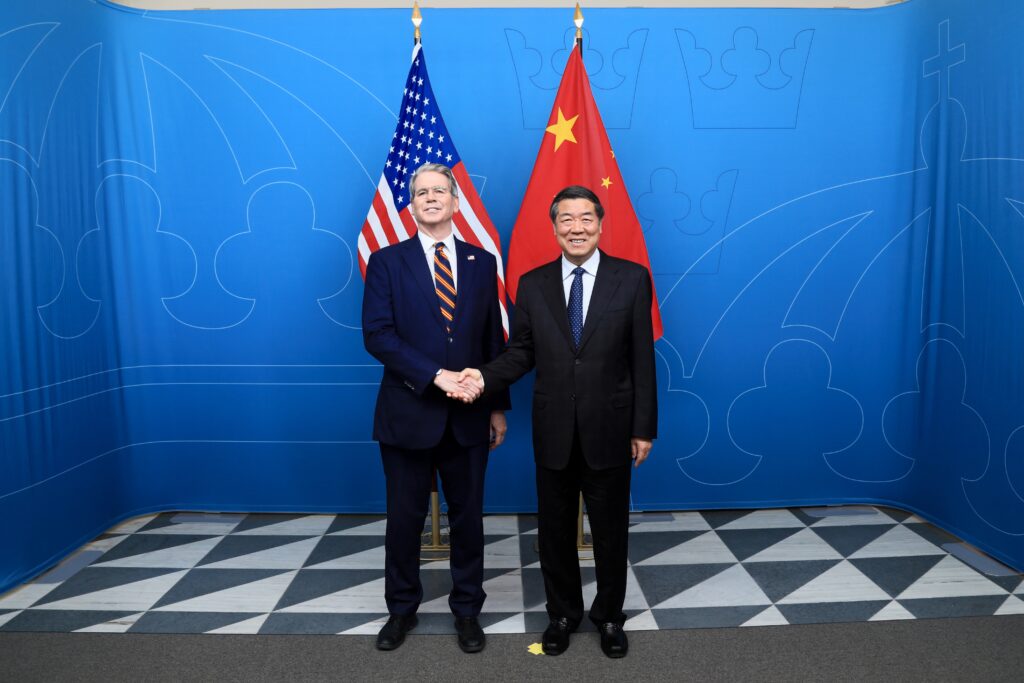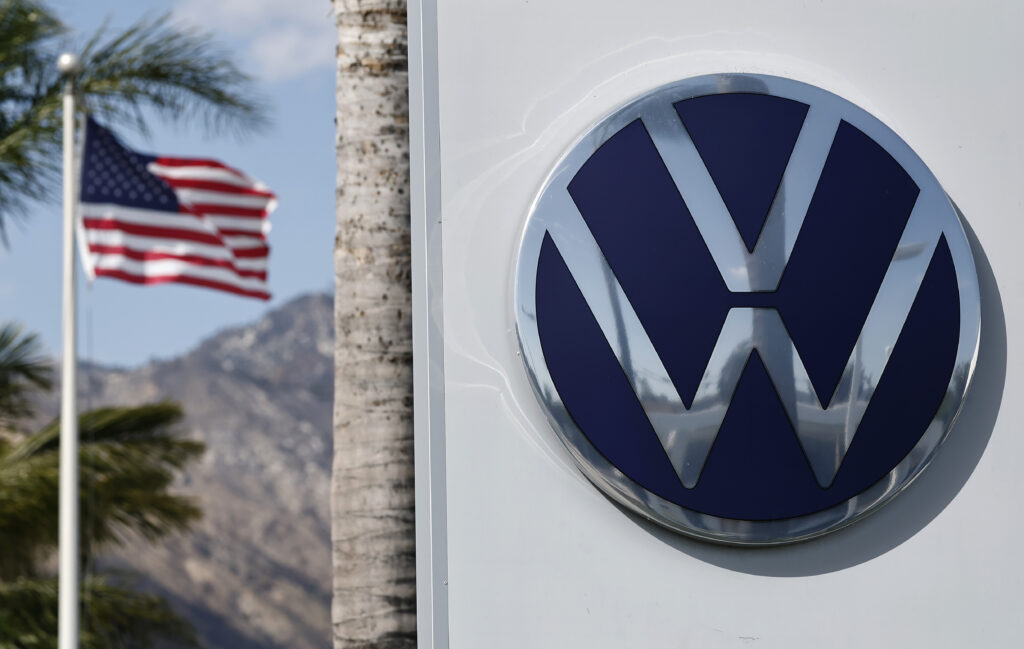Global stocks mixed as market focus shifts to earnings deluge
Stock markets were mixed on Tuesday as investors started turning their attention from trade deals to a slew of company results coming this week.New York struggled, while in Europe, London, Paris and Frankfurt all closed higher.In Asia, Shanghai ended higher but Hong Kong and Tokyo lost ground.The muddled picture came as investors continue to digest the implications of a US-EU trade deal announced over the weekend that many European capitals viewed as lopsided in Washington’s favor.Tuesday also saw Chinese and US officials huddle in Sweden for a second day of talks aimed at extending a trade truce to avoid the return of triple-digit tariffs on each of their countries from August 12.Representatives from Beijing and Washington signaled further talks were likely following a round of negotiations in Stockholm. But a top US trade official stressed that President Donald Trump would make any “final call.”The dollar continued its advance, especially against the euro, while oil prices kept rising strongly.The euro has “suffered a nasty battering… as investors questioned just how positive the US-EU trade deal was for the European Union”, said David Morrison, senior market analyst at Trade Nation.For many investors, though, the focus this week was now more on company earning reports.Tech heavyweights are stealing the spotlight, with Meta and Microsoft to give results on Wednesday, followed by Amazon and Apple on Thursday.Their massive — and extremely costly — investment race in artificial intelligence underpinned much of the action.Attention is also focused on the Federal Reserve.The central bank is expected to keep rates unchanged, but could hint that an interest rate cut will be more likely in September. Trump has lambasted Fed Chair Jerome Powell for not cutting interest rates.US mergers and acquisitions heated up with Union Pacific announcing a deal to acquire rival Norfolk Southern for $85 billion, in what would be first rail company connecting the two ocean coasts of the United States.But shares of both companies fell following the deal’s unveiling. Briefing.com said the deal’s prospects were “clouded” by several concerns, including expected regulatory scrutiny.Among companies reporting results, AstraZeneca rose three percent after reporting strong earnings.But Denmark’s Novo Nordisk, known for its blockbuster diabetes and weight-loss treatments Ozempic and Wegovy, shed 23 percent on lowered forecasts. It has been fighting US authorization allowing pharmacies to create “compound” copycat versions of its drugs because of shortages due to high demand.Merck, the US pharma company, pared a drop in its shares but was still down four percent after saying it would axe jobs under a restructuring aimed at cutting $3 billion in costs a year by 2027.Swedish music streamer Spotify’s shares slid 11 percent after it reported an operating profit that far missed its target.- Key figures at around 2015 GMT -New York – Dow: DOWN 0.5 percent at 44,632.99 (close)New York – S&P 500: DOWN 0.3 percent at 6,370.86 (close)New York – Nasdaq Composite: DOWN 0.4 percent at 21,098.29 (close)London – FTSE 100: UP 0.6 percent at 9,136.32 (close)Paris – CAC 40: UP 0.7 percent at 7,857.36 (close)Frankfurt – DAX: UP 1.0 percent at 24,217.37 (close)Tokyo – Nikkei 225: DOWN 0.8 percent at 40,674.55 (close)Hong Kong – Hang Seng Index: DOWN 0.2 percent at 25,524.45 (close)Shanghai – Composite: UP 0.3 percent at 3,609.71 (close)Euro/dollar: DOWN at $1.1554 from $1.1589 on MondayPound/dollar: UP at $1.3357 from $1.3356Dollar/yen: DOWN at 148.50 yen from 148.53 yenEuro/pound: DOWN at 86.47 pence from 86.77 penceBrent North Sea Crude: UP 3.5 percent at $72.51 per barrelWest Texas Intermediate: UP 3.8 percent at $69.21 per barrel
